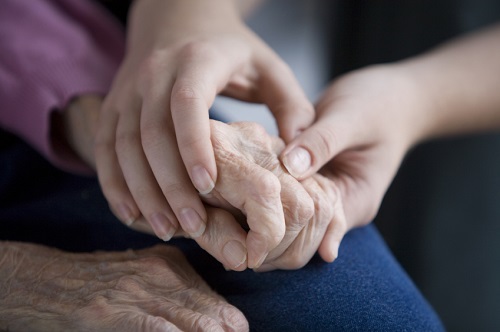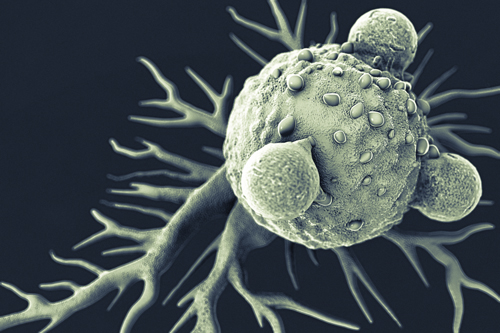ZUMA-3 and ZUMA-4 Trials
In addition to the October 2017 approval for Non-Hodgkin lymphoma, Yescarta (axicabtagene ciloleucel) has shown impressive early results in difficult-to-treat patients with ALL. As reported in December 2016, in Phase 1 of the ZUMA-3 and ZUMA-4 trials, 13 patients with r/r ALL were treated with axicabtagene ciloleucel. In ZUMA-3, adults 18 years and older are being evaluated, and in ZUMA-4 pediatric and adolescent patients (ages 2 to 21) are being enrolled.
Preliminary analysis found:
- 9 of 11 patients (82%) achieved a complete remission or a complete remission with incomplete or partial blood count recovery.
- All responders (100%) tested negative for minimal residual disease (MRD), meaning low or no cancer cells in circulation, and is correlated with risk of disease relapse in ALL.
- Manufacturing of KTE-C19 was successful in all 13 patients in a period of 6 to 8 days.
Adverse events of grade 3 or higher included:
- Cytokine release syndrome (5 of 13 patients, 38%)
- Neurological events (5 of 13 patients, 38%), which can include events like aphasia, tremor, and seizures.
Two patients died: one in ZUMA-3 from axicabtagene ciloleucel-related cytokine release syndrome (CRS) and one in ZUMA-4 from an unrelated fungal infection. Larger Phase 2 studies in r/r ALL will be ongoing in 2017.
ZUMA-3 Update in Adults
In June 2017 an update to the ZUMA-3 trial in adults with r/r ALL was released. In the Phase 1 trial, 11 patients were treated with KTE-C19 at different target doses.
Reported results included:
- 73% of patients achieved complete remission, including those with incomplete or partial recovery of bone marrow.
- Ongoing complete remissions have been observed from 2 months to greater than 7.4 months.
- No dose-limiting toxicities occurred in the trial.
- KTE-C19 was successfully manufactured in 6 days. Vein-to-vein time has been reduced to about 17 days. The manufacturer reports this can be further improved by 2 or 3 days.
The company noted that once cell doses are optimized, pivotal Phase 2 research would commence in 2017.
Safety Update in ZUMA-3 for r/r ALL
In the adult population with r/r ALL in ZUMA-3, the safety data included:
- Grade 3 or higher cytokine release syndrome (CRS) occurred in 3 of 11 patients (27%)
- Grade 3 or higher neurologic events occurred in 6 of 11 patients (55%)
- Both of these adverse events were generally reversible.
As previously reported, one patient developed fatal CRS. In order to further improve the safety profile of axicabtagene ciloleucel, ZUMA-3 is also evaluating additional patients who will receive:
- Tocilizumab (Actemra), an interleukin-6 (IL-6) blocker, within 36 hours post-KTE-C19 infusion
- A lower dose of cell therapy.
On August 30, 2017 the FDA approved the use of Actemra for the treatment of chimeric antigen receptor (CAR) T cell-induced severe or life-threatening cytokine release syndrome (CRS) in patients two years of age and older.



